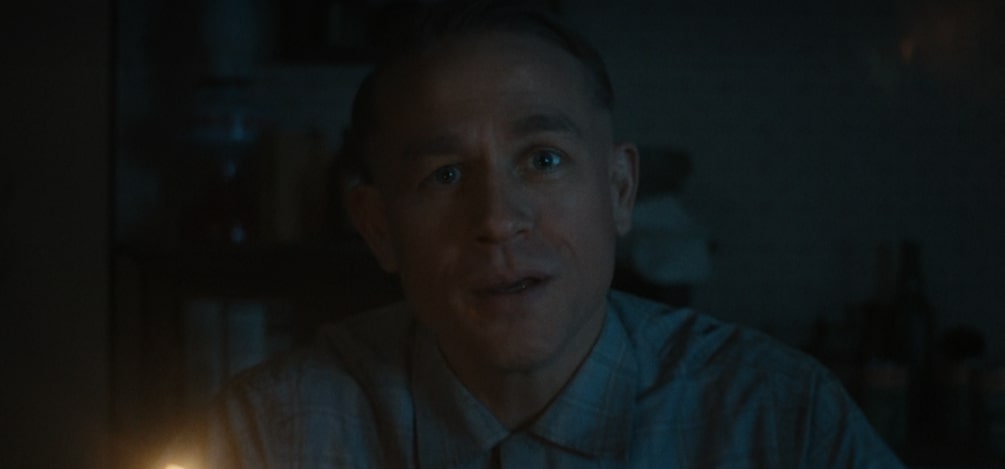The crimes committed by Ed Gein shocked and baffled everyone who came to know of them. The gruesome discoveries made inside his Plainfield farmhouse revealed a level of depravity that defied comprehension. Though the remains of multiple victims were recovered, Gein was ultimately tried for only one count of homicide and was found legally insane, spending the rest of his life confined to psychiatric institutions. His actions not only horrified the public but also went on to inspire numerous fictional killers in books and films. Netflix’s ‘Monster: The Ed Gein Story’ dramatizes these elements by delving into his disturbed psyche and exploring the mental illnesses that may have fueled his monstrous acts.
Related
Ed Gein Was Not Found Guilty Due to His Schizophrenia Diagnosis
While Netflix’s ‘Monster: The Ed Gein Story’ suggests that Ed Gein suffered from multiple mental illnesses, the reality was somewhat different. When Gein was arrested in November 1957, the understanding of mental health was still quite limited. At the time, he was diagnosed with schizophrenia, which led the court to deem him incompetent to stand trial. He was committed to the Central State Hospital for the Criminally Insane and later transferred to Mendota State Hospital in Madison. In 1968, Gein was declared competent to face trial, which was conducted before a judge rather than a jury due to his mental health status. Medical experts testified that he was incapable of assisting in his defense or fully understanding the proceedings.

Although Gein was found guilty of murder in the first trial, a second trial was held to determine his mental state and legal insanity. He was ultimately found not guilty by reason of insanity and was never tried for any additional cases. Records show that he confessed to killing both Mary Hogan and Bernice Worden and was committed to psychiatric institutions for the remainder of his life. The only official diagnosis he received was schizophrenia, but later evaluations by experts have proposed other possible conditions. Several forensic psychologists have suggested that Gein’s obsessive attachment to his mother, Augusta Gein, and the nature of his upbringing reflected signs of an Oedipus complex. They also noted that her death had a profound psychological impact on him, which intensified his mental instability and shaped his later actions.
Another theory proposed by several experts is that Gein may have experienced episodes of psychosis or hallucinations. Reports allege that he was often in a “daze” during the commission of his crimes and suffered from delusions, particularly auditory hallucinations. While these claims remain speculative, they offer insight into his disturbed mental state. Some psychologists have also theorized that Gein might have shown signs of dissociative disorder, reflected in his attempts to create a “body suit” to become his mother. Others have suggested traits of antisocial personality disorder, given his reclusive lifestyle and lack of meaningful social relationships. However, none of these theories was ever formally diagnosed or confirmed.




You must be logged in to post a comment.